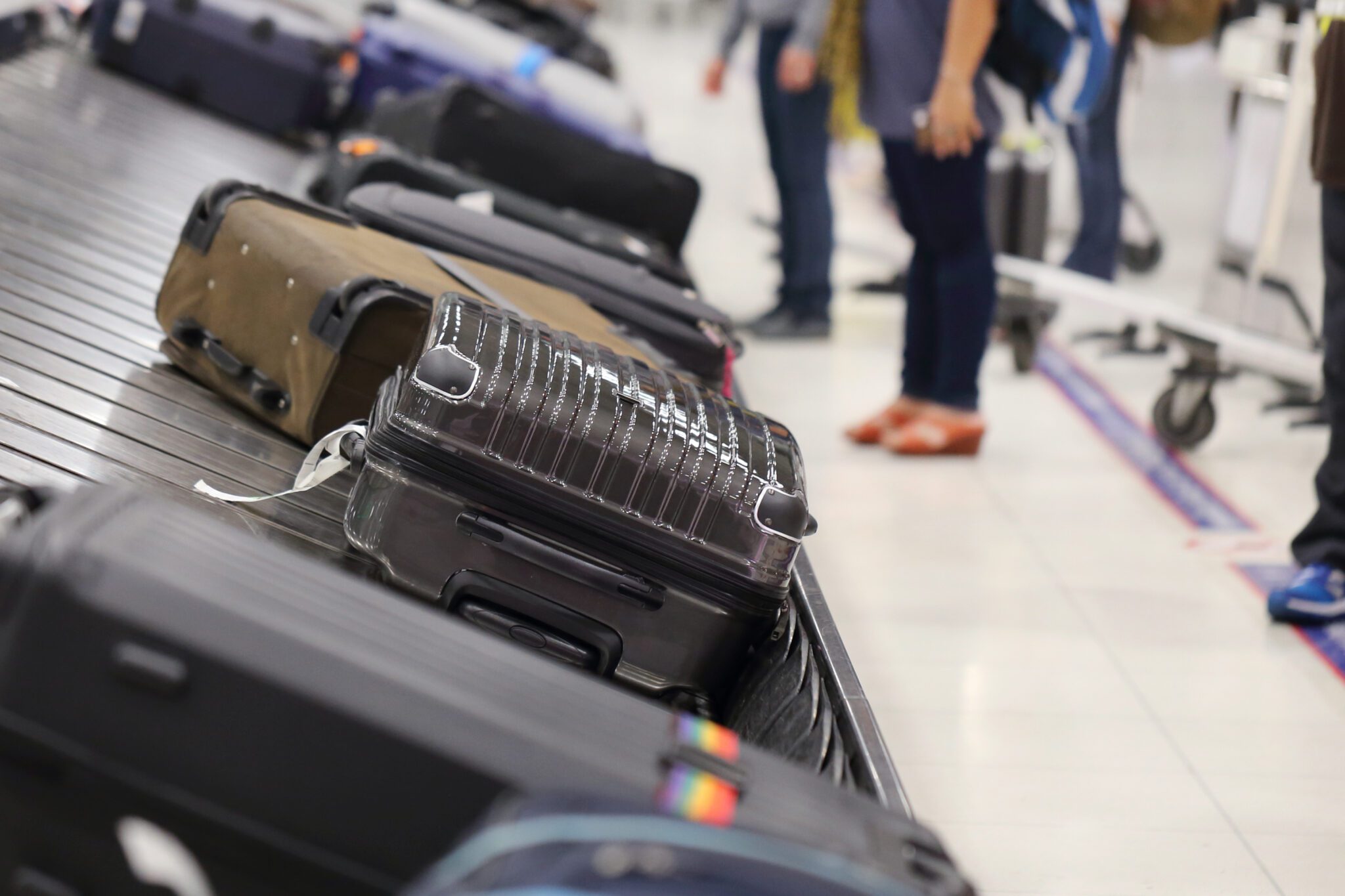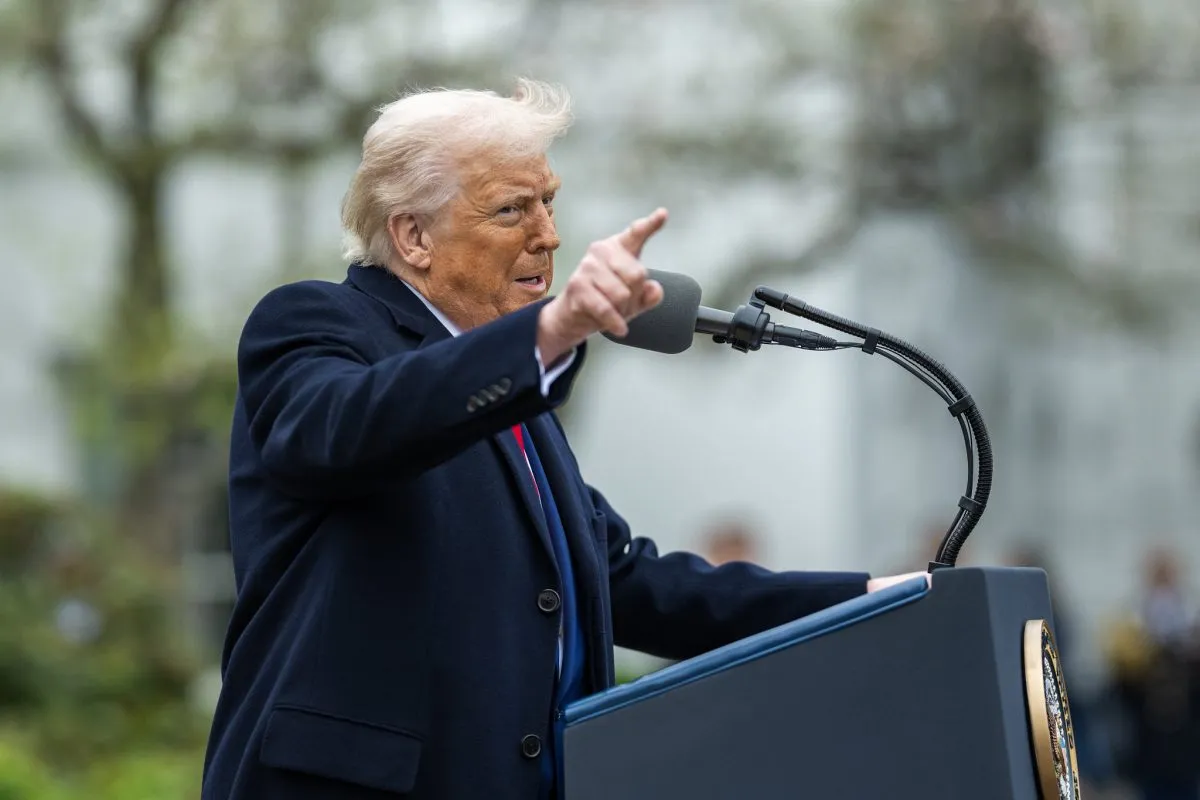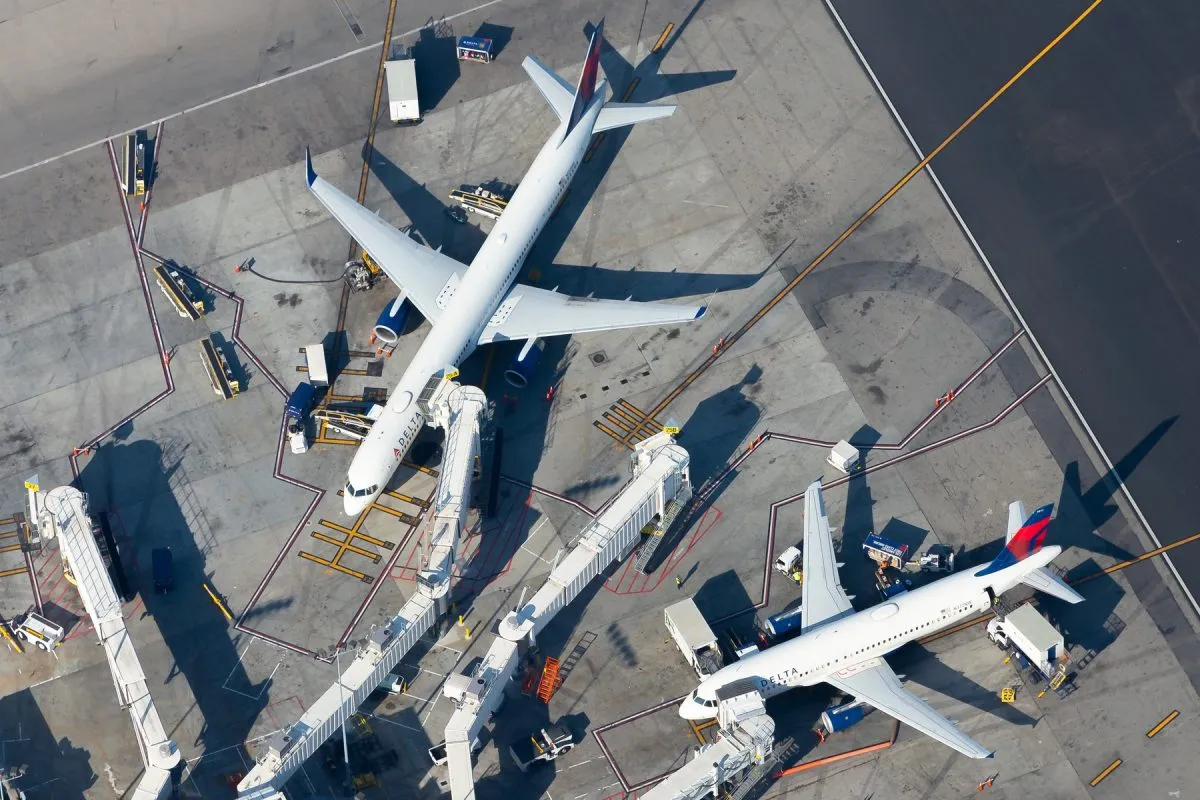Delta and Aeromexico will Pay High Price for Antitrust Immunity
Skift Take
Delta Air Lines will pursue its joint venture with Aeromexico, allowing the two airlines to collude, legally, on prices and schedules, with the carriers agreeing to meet unusual conditions for the deal set by the U.S. Department of Transportation.
For passengers, the arrangement means Delta and Aeromexico essentially will operate as one on cross-border flights. They will set fares, share revenue, and align schedules to ensure more travelers can make connections. In addition, Aeromexico and Delta will co-locate at airports where possible.
Delta is also preparing to increase its ownership stake in Aeromexico to 49 percent. Its cash tender offer was announced last year, and is on schedule, Delta said Wednesday.
Joint ventures, immune to antitrust laws, are not new. Delta has several, including two joint businesses across the Atlantic — with Air France-KLM, and with Virgin Atlantic. For more than a decade, Delta has also had antitrust immunity with Korean Air Lines, though the two airlines have not yet sought a close relationship.
American and United have similar strategies. American has a strong partnership with British Airways, Iberia and Finnair, while United is close with Lufthansa Group and Air Canada. Joint ventures, immune to antitrust laws, account for more than 80 percent of trans-Atlantic capacity, making it difficult for airlines not in them, like LOT Polish and SAS, to compete.
Perhaps as a result of what has happened on trans-Atlantic routes, the Department of Transportation recently as been scrutinizing applications more closely. In November, it issued a tentative decision blocking a proposed joint business between Qantas and American Airlines, arguing the two carriers would control too much of the U.S.-Australia market. The airlines withdrew their application.
The government approved Delta's proposal, but with some surprisingly harsh conditions. In fact, the government made so many new demands that it was not clear until Wednesday that the airlines would accept the conditions.
Delta and Aeromexico must give up 24 slot pairs at Mexico City and four at New York JFK, with the takeoff and landing rights going to competitors. Also, unlike other joint ventures, the deal is not permanent. The airlines must reapply after five years.
Mexico's regulators approved the deal in May, calling for the airlines to give up just eight slots in Mexico City.
In its Dec. 21 filing accepting the DOT conditions, Delta called them "unprecedented."
"In markets with robust competition, the public interest is not served by the government favoring a particular type of competitor, imposing a redistribution of assets, and deciding who should compete well," Delta said in its filing.
In a note published Wednesday, Wolfe Research analyst Hunter Keay called the DOT's guidelines, "punitive and arbitrary," and questioned whether Delta might have tried again in the future, "under the incoming business-friendly administration."
"The five-year term, we believe, is unprecedented in grants of [antitrust immunity] by the DOT and is likely to prevent both airlines from investing too deeply in the [joint venture,] Keay said.
Still, several of Delta's U.S. competitors supported the DOT's measures. In a Nov. 30 filing, JetBlue Airways called the government's measures "appropriate safeguards that are necessary to protect competition." JetBlue, which only recently expanded to Mexico City, has had some trouble securing commericial viable times for flight arrivals and departures.
A JetBlue spokesman said in an email that the carrier may be interested in the new slots in Mexico City.
"JetBlue commends the DOT for noting that in the increasingly consolidated airline industry where fewer and larger players dominate the landscape, only important protections such as ensuring airport access and term limits on immunity from antitrust laws will allow small but vital competitors like JetBlue to continue offering low fares and protecting the interests of consumers," JetBlue spokesman Doug McGraw.
Southwest Airlines has had similar slot problems in Mexico City, and it also supported DOT's guidelines. In a Nov. 30 filing, Southwest added that it wanted U.S. low cost airlines, not Mexican ones, to receive the Mexico City slots. It noted that Mexico's low cost carrier's already have enough slots at the airport.




